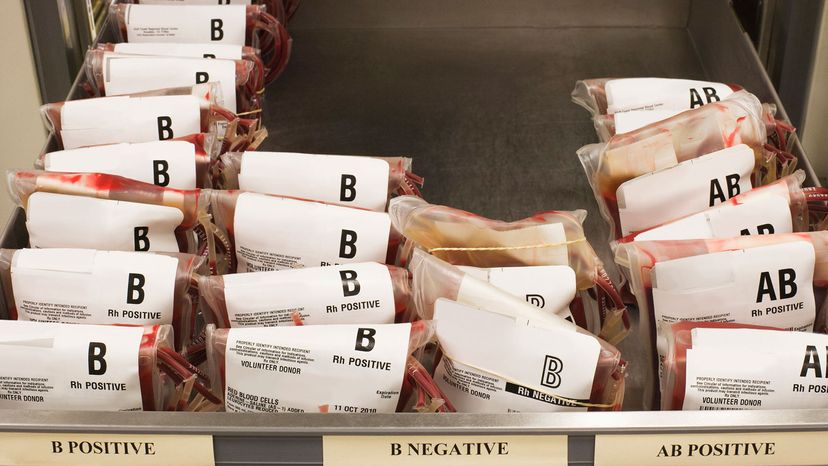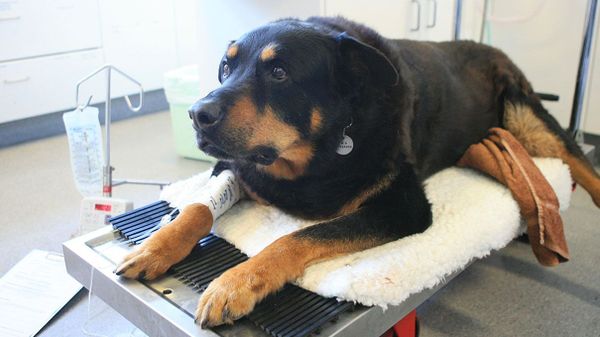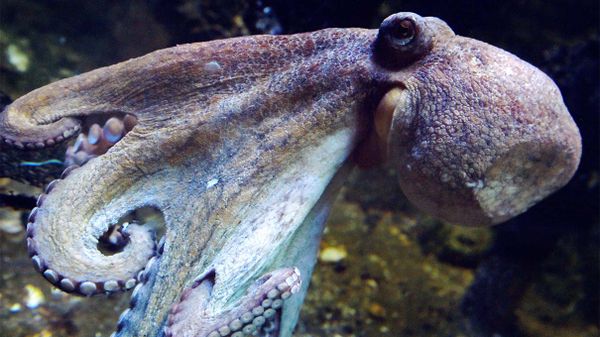
If you've ever searched the internet for the rarest blood type, you may have come up with more questions than answers. The short answer: AB negative is the rarest of the eight main blood types. Less than 1 percent of American donors are AB negative, according to the American Red Cross. AB negative blood is a rare blood type across the world, though percentages can range from 0.06 percent to 3 percent of a country's population. Only 0.6 percent of the U.S. population has AB negative blood.
But the truth is, there are dozens of other blood types far rarer than AB, and newer, even rarer, ones could yet be discovered.
Advertisement
Before we get into those super-rare blood types, let's step back and look at what blood is made of. Everyone's blood, regardless of their type, contains plasma. Suspended in plasma are the following components:
- white blood cells, which fight infection
- platelets, which aid in clotting
- red blood cells, which transport oxygen throughout the body and remove carbon dioxide
On the surface of the red blood cells are proteins and sugars called antigens. They serve as markers to characterize each cell type. There are four main antigens that make up the four main blood groups. They are known as A, B, AB and O.
A blood types have the A antigen, B blood types have the B antigen, and AB blood types have both A and B antigens. O blood types, however, have neither A nor B antigens. These ABO blood types are further classified as Rh positive or Rh negative. Rh, formerly known as Rhesus, is another protein that is found on the surface of red blood cells. People who have this Rh factor on their red blood cells are Rh positive. Those who do not are Rh negative.
This positive or negative attribute divides the four major blood groups into eight types. The population breakdown in the U.S. is as follows, according to the Stanford Blood Center:
- O positive – 37.4%
- O negative – 6.6%
- A positive – 35.7%
- A negative – 6.3%
- B positive – 8.5%
- B negative – 1.5%
- AB positive – 3.4%
- AB negative – 0.6%
If you're interested in knowing breakdowns for other countries, you can check out this chart at BabyMed.com. Since blood type is genetic, some countries will have more of one blood type than another, depending on the ethnic makeup of the country.
Knowing your blood type is important because it tells medical professionals which blood you can receive in the event you need to undergo a blood transfusion. Receiving the wrong blood type could result in a life-threatening immune response. People who have the AB positive blood type are called "universal recipients," meaning they can receive blood from people with any blood type (but they can only donate to people with their blood type). People with O negative blood are called "universal donors" as their blood type is compatible with all other blood types (but they can only receive O negative blood). People with O positive blood can donate to other positive blood types (like A positive or AB positive), which is about 80 percent of the U.S. population, making O blood in high demand, whether positive or negative.
People with rarer blood types face challenges when it comes to transfusions as finding compatible donors in times of crisis can be difficult.
Advertisement

